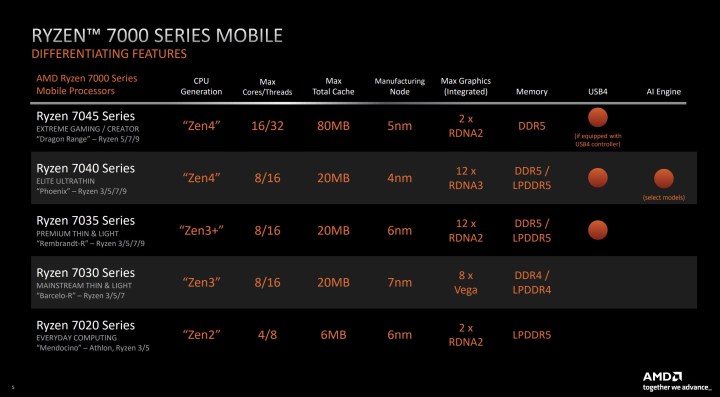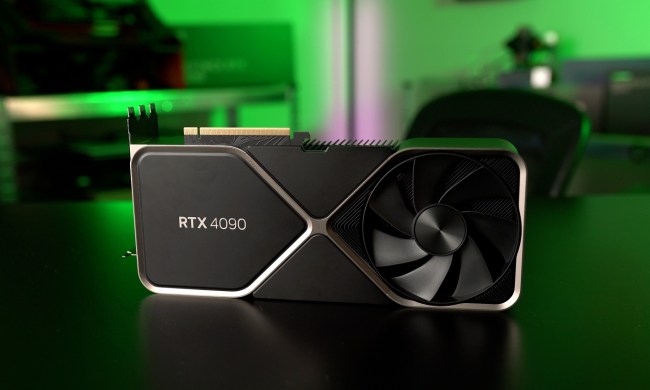Most people don’t expect much from integrated graphics solutions, but it appears that AMD’s new iGPU can do a surprisingly good job.
The AMD Radeon 780M was spotted in a benchmark by Wccftech, showing off the performance of the AMD Ryzen 7 7840HS and the RDNA iGPU itself. Who would have thought that this card would be able to beat Steam’s No. 1 discrete GPU?

The Ryzen 7 7840HS was found in a laptop and combined with 32GB of DDR5 RAM. We can see that the system was running on the Balanced power profile, meaning it could possibly squeeze out a bit more performance at the cost of battery life if switched to a profile that favors performance.
When tested in an OpenCL benchmark, the RDNA 3 graphics card scored 36,757 points. That score puts it on par with Nvidia’s GTX 1650. While that’s a dated card, it continues to be the most popular graphics card in the Steam Hardware Survey, and it’ll likely take a while for it to be dethroned.
The Ryzen 7 7840HS belongs to the AMD Phoenix lineup. This is Team Red’s latest mobile solution that emphasizes performance combined with a low power draw. We’ll find these chips in lightweight notebooks that are unlikely to feature one of the best discrete graphics cards. Instead, these chips will rely on the built-in RDNA 3 GPU in order to deliver solid graphics performance.
The exact CPU in question comes with eight cores and 16 threads. It runs at a base clock speed of 3.8GHz, but can be boosted up to 5.1GHz. That’s not bad for a chip made to power up thin and light laptops. As for the iGPU itself, it comes with 12 graphics cores and a frequency of 2,700MHz. The whole thing runs at a mere 35-watt to 54-watt TDP, so the laptops should have solid battery life.

For a lightweight laptop to be able to match the performance of a GPU that many gamers continue using for AAA titles is encouraging for AMD.
While Phoenix laptops are more likely to be used for productivity than for gaming, it seems that the RDNA 3 iGPU might make them fairly versatile. We’ll have to wait for some more benchmarks to know the true extent of its performance.



